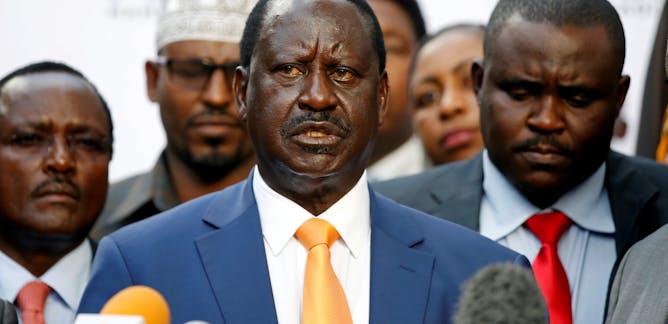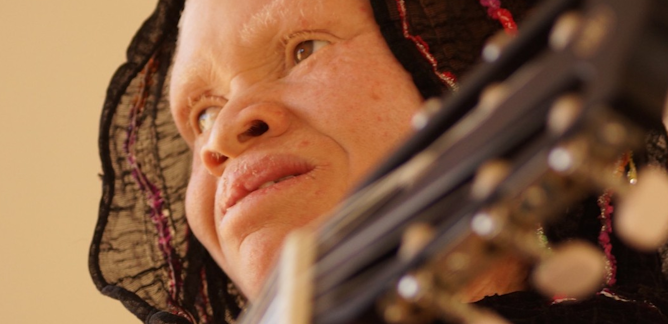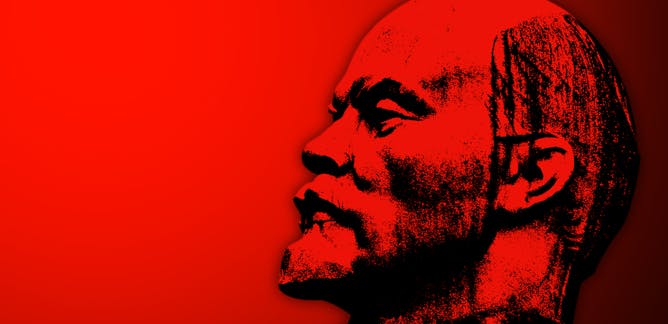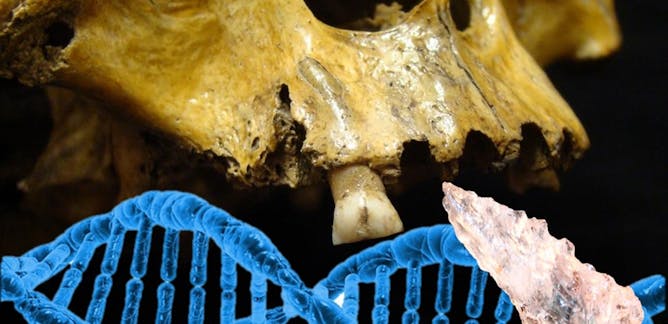| |
|
|
|
|
|
|
| |
|
Editor's note
|
|
The abrupt withdrawal of Kenya’s main opposition candidate Raila Odinga from the rescheduled presidential election affects the country’s steady if turbulent democratic transition in which he’s been a central player for decades. Dominic Burbidge fears that Odinga may also have touched off the end of his long political career.
Since 2006 more than 520 attacks on people with albinism in 28 countries have been recorded. In Tanzania especially, people with albinism face a range of prejudices and social stigmas. But, as Jean Burke writes, a number of cultural projects has successfully raised awareness of their rights.
This year sees the centennial anniversary of the Russian Revolution. Women are often relegated to cameos in this epoch-making event. That is unacceptable, argues Vashna Jagarnath, because women played decisive and revolutionary roles even before the Russian Revolution.
There’s a growing body of evidence that indicates the transition from archaic to modern humans happened earlier than previously thought. Marlize Lombard explains how an ancient DNA project has added to our knowledge and helped to recalculate the time at which Homo sapiens first split or branched from archaic or pre-modern human groups to between 350 000 and 260 000 years ago.
|
|
|
Top stories
|

Dominic Burbidge, University of Oxford
Kenya’s upcoming poll will continue despite opposition leader Raila Odinga's decision to exit lawful processes prematurely. This will mean Kenyatta will likely win his second term in a row.
| |

Jean Burke, Australian Catholic University
Singing, music, films and dances are crucial in promoting and protecting the human rights of Africans with albinism.
|

Vashna Jagarnath, Rhodes University
When women are remembered as part of the Communist or any other political tradition it's often as an afterthought, or as part of the support system of the revolution.
| |

Marlize Lombard, University of Johannesburg
Archaeology is not only about stones and bones: it is mainly about the people of the past. DNA is one way to get from the stones and the bones to the people and their stories.
|
|
|
Environment + Energy
|
-
Michael Marshall, World Agroforestry Centre (ICRAF)
A new approach to monitor changes to the earth's surface uses maps that consist of physical and human geographic data to explain what's changed.
-
David W. Olivier, University of the Witwatersrand
It’s important for the city of Cape Town to inspire residential trust in water restrictions. Without this, the harsh effects of the drought will be exacerbated.
|
|
Arts + Culture
|
-
Vanessa Wijngaarden, University of Johannesburg
How can we understand each other, especially when stereotypes cloud our view? An ethnographic movie captures a sense of the 'other' in an encounter between Maasai villagers and Dutch tourists.
-
F. Fiona Moolla, University of the Western Cape
Two South African "romance" struggle auto/biographies have focalised the anti-apartheid struggle through the lives of heroic women who were bound by love.
|
|
Politics + Society
|
-
Gilles Pison, Muséum national d’histoire naturelle (MNHN) – Sorbonne Universités
There's no reason why small families shouldn't become the norm in Africa. But this will depend on improving education opportunities for women and improving birth control policies.
-
Gilles Pison, Muséum national d’histoire naturelle (MNHN) – Sorbonne Universités
Will the African population inevitably quadruple by the end of the century? And what are the reasons for this extraordinary growth?
|
|
Health + Medicine
|
-
Dixon Chibanda, University of Zimbabwe
Initiatives to help women suffering postnatal depression are needed and should be encouraged and integrated as part of routine antenatal and postnatal care.
-
Oyewale Tomori, Nigerian Academy of Science
A disease suspected to be monkeypox is on the rampage in Nigeria. In less than one month, it has spread to seven of the country's 36 states and infected 31 people.
-
Ochwoto Missiani, Kenya Medical Research Institute; Julius Oyugi, University of Nairobi; Simeon Mining, Moi University
Hepatitis viruses are serious infections that damage the liver. There is an urgent need to deal with increased Hepatitis B infections in Kenya.
|
|
Science + Technology
|
-
Alan G Morris, University of Cape Town
A rush of ancient DNA projects in Africa has presented the curators of archaeological skeletons with ethical issues because research requires the destruction of human bone.
|
|
Business + Economy
|
-
Lorenzo Fioramonti, University of Pretoria
A new accounting system that goes beyond the capitalist understanding of value is bubbling under and could topple capitalism itself.
-
Christo Venter, University of Pretoria; Gary Hayes, Council for Scientific and Industrial Research
South Africa needs to review its approach to rolling out Bus Rapid Transit systems as the current model is proving to be too expensive and unsustainable.
|
|
Education
|
-
Hanne Kirstine Adriansen, Aarhus University; Lene Møller Madsen, University of Copenhagen; Rajani Naidoo, University of Bath
Khanya College's curriculum was quite different from the one taught at other universities of the time. Its students studied oral African literature and history alongside Western literature.
-
Dr Phumudzo S. Munyai, University of South Africa
South Africa's Competition Commission may be wasting resources in undertaking market inquiries as they are expensive and yield little results.
|
|
| |
| |
| |
| |
| |
| |
|
|
|
|
|
|
| |